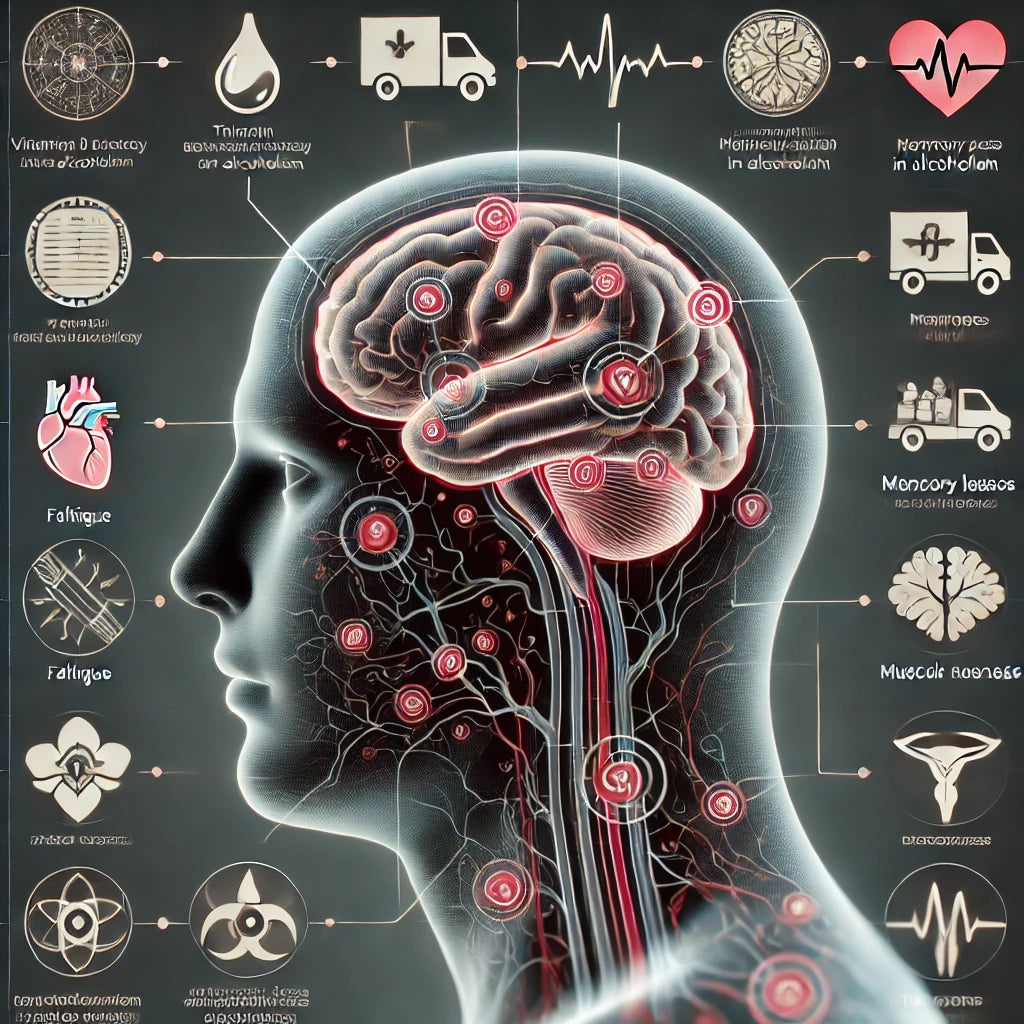News — neurological health
The Role of Magnesium in Migraine Prevention: An Evidence-Based Review
bioavailability cortical spreading depression dietary magnesium sources elemental magnesium dosage headache disorders integrative migraine care magnesium citrate magnesium deficiency magnesium for migraines magnesium glycinate migraine prevention migraine prophylaxis migraine triggers neuroinflammation neurological health NMDA receptors patient-centered prevention randomized controlled trials riboflavin CoQ10 serotonin regulation vascular tone
Migraines are more than just headaches—they’re complex neurological events that can disrupt daily life with intense pain, visual disturbances, nausea, and sensitivity to light and sound. Affecting over one billion people worldwide, migraines remain one of the leading causes of disability. While treatment often focuses on managing acute attacks, growing research suggests that prevention—particularly through addressing nutritional deficiencies—may be an equally important strategy.
Magnesium, an essential mineral involved in over 300 biochemical reactions in the body, has emerged as a promising player in migraine prevention. From regulating nerve signaling to stabilizing blood vessels, magnesium’s physiological roles intersect directly with processes implicated in migraine attacks. This evidence-based review examines the research behind magnesium supplementation for migraine prevention, the proposed mechanisms of action, and practical considerations for its use.
Thiamine and Alcoholism: Understanding the Risks and Prevention
alcohol alcohol use disorder alcoholism alcoholism risks B vitamins Brain Health cognitive health dietary sources energy metabolism health complications mental health neurological health nutrition in recovery prevention thiamine thiamine deficiency thiamine supplements vitamin B1 deficiency Wernicke-Korsakoff syndrome
When it comes to maintaining our health, nutrition plays a foundational role in ensuring that our bodies and minds function optimally. One of the most critical vitamins for both mental and physical well-being is thiamine, also known as vitamin B1. However, individuals who struggle with alcoholism often experience a deficiency in thiamine, which can lead to severe, even life-threatening health issues. Understanding the relationship between thiamine and alcoholism is crucial for anyone working in healthcare, individuals recovering from addiction, or loved ones seeking information to support a family member.
This article delves into why thiamine deficiency is common among those with alcoholism, the health risks associated with this deficiency, and what can be done to counteract the effects. Armed with knowledge, those affected can take proactive steps to protect their health, seek necessary medical intervention, and make dietary changes to mitigate the risks of this dangerous combination.


